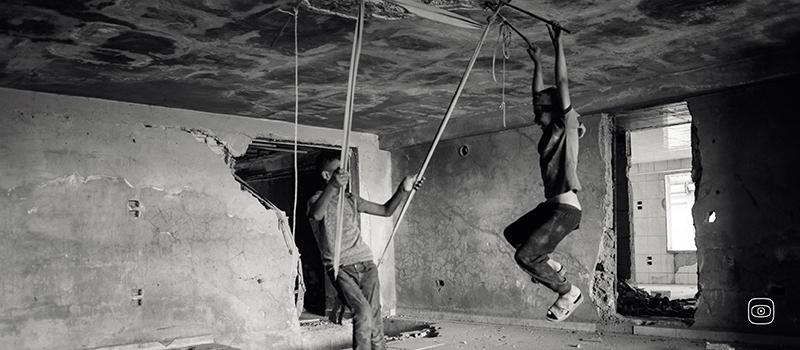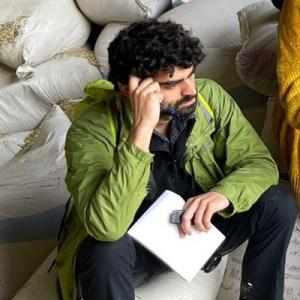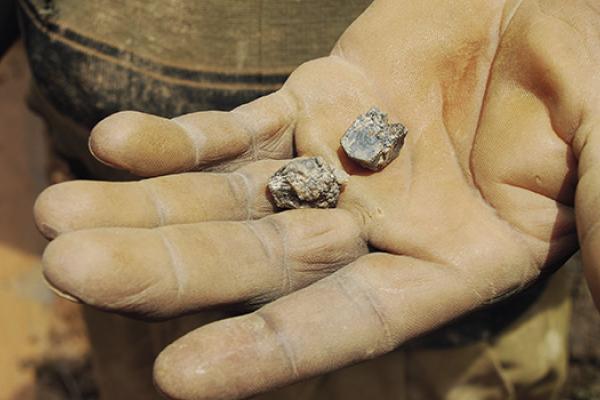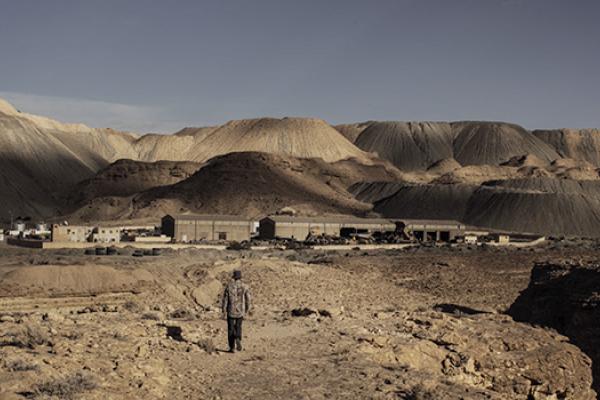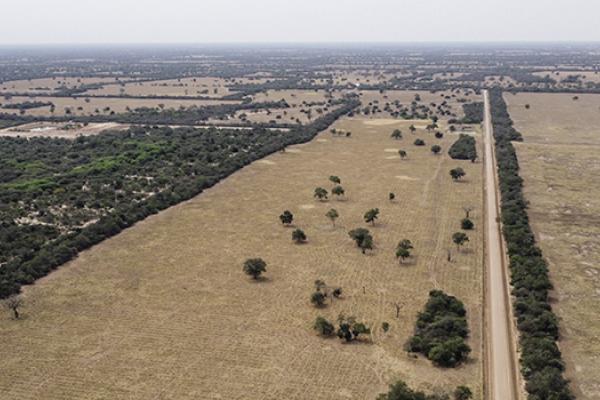In the last decades, recycled steel has garnered the industry’s interest: it is cleaner and, most of all, cheaper. Turkey’s producers were particularly compelled: they turned recycled steel production into the fifth largest contributor to the national economy. Turkey is listed among the major steel producers in the world, with a steel export value estimated at $16.1 billion USD.
The deal with ferrous scrap, indispensable for the production of recycled steel, is that it’s limited. For two decades, Turkey has been, by far, the biggest importer of scrap in the world. Yet, not all is known about the country’s discreet sourcing network, which experts describe as opaque, unmonitored, and hard to trace.It is estimated that over the last years, between 6 and 10% of the scrap recycled in Turkey came from countries affected by conflict: Syria, Libya, Lebanon, Ukraine, and Israel/Palestine.
Despite the pittance paid to vulnerable people to dismantle entire battle-scarred neighbourhoods, scrap is not a cheap raw material. Due to scarcity and trade restrictions imposed by countries such as China, Russia or the EU, its price has increased. In conflict zones, this hunger for scrap has attracted exploitative individuals hoping to bankroll their wars.
A team of independent journalists—coordinated by Sofia Cherici and working with The New Arab, the Syrian Investigative Reporting for Accountability Journalism (SIRAJ), and El País— documented the journey of steel scrap headed to Turkish steel mills from war-torn countries. They combined different methods and techniques with extensive legwork in Syria and Turkey to unravel this unknown trade, scavenging for documents in abandoned Assad-era checkpoints, sifting through tens of thousands of maritime traffic data, searching for shipments in satellite images and piecing together leads through dozens of conversations with workers and experts across multiple countries.
This year-long investigation can prove that Syria is just one of the many countries in conflict where the metal scrap trade has been exploited by militias, warring factions and warlords to feed the region’s war machine. Exclusive documents photographed prove the involvement of Bashar al-Assad's presidential palace in the steel scrap trade.
Key Findings
- Starting from Syria, the team charted some of the major routes of metal scrap during the Assad era: low-profile trucks mostly resorted to an indirect—and smuggled—trade route via Lebanon (missing from official trade data), to eventually turn up in international markets, particularly in Turkish private companies’ scrapyards, in violation of international sanctions.
- In source countries the team investigated, including Russia, Ukraine, Libya, and Syria, it is found that Turkish companies are trading with parties from both sides of some of the most destructive and longest-standing conflicts - even with entities with which the Ankara government has been at odds for years. Trade data show that most of Turkish plants ship to Europe - meaning that tainted metal scrap, linked to child labour and conflict financing, can ultimately become finished steel produced by some of the continent's top firms.
- The team identified half a hundred ships carrying steel scrap through satellite image analysis and OSINT verification methods, documenting how well-known sanctioned ships and shadow fleets were behind this sector.
- In Libya, although official data do not specify which of the two governments the exports derive from, satellite images show that in recent years, one of the most active ports for loading scrap has been Benghazi, in Haftar’s zone of control.
- The team found that minors and displaced families with no other livelihoods are involved in metal scrap collections in Syria, working in unsafe conditions among debris and unexploded ordnances.
- The trade also fuels a plundering economy, with functioning public infrastructure sold as steel scrap in Libya, Lebanon, Syria and Ukraine.
What this investigation identified is likely to be only the tip of this unknown trade; a fraction of the number of shipments whose tainted cargo helped bankroll conflict around the region. But it is enough to prove there is a steady supply of scrap from war zones docking at Turkish harbours; and enough to show how common and banal it is to buy from entities affiliated with militias and warlords accused of war crimes and human rights violations.
*Crucial access to data was granted by MarineTraffic (ship-tracking and maritime analytics) and by Maxar and Planet (satellite imagery).
On the right: Minor scrap pickers playing during a break inside a building destroyed in the civil war in Damascus’s suburb, Syria. Photo by Sergio Attanasio
